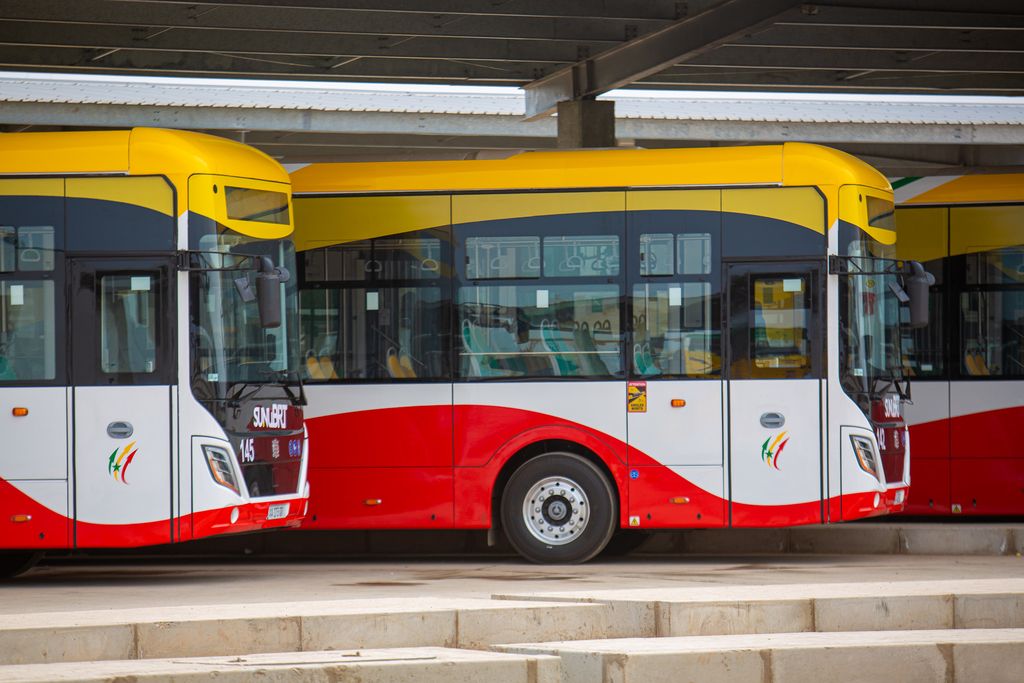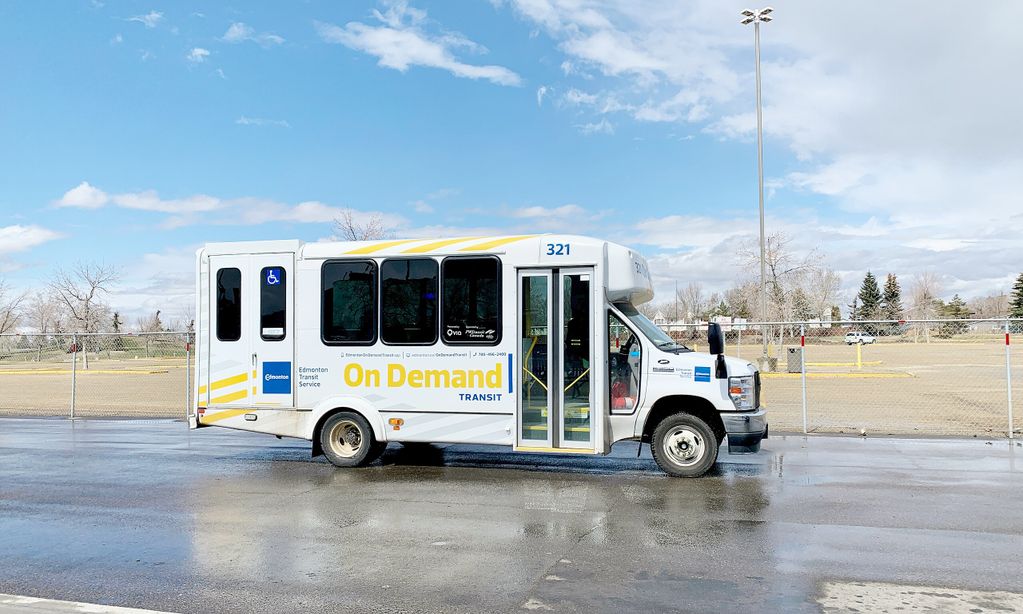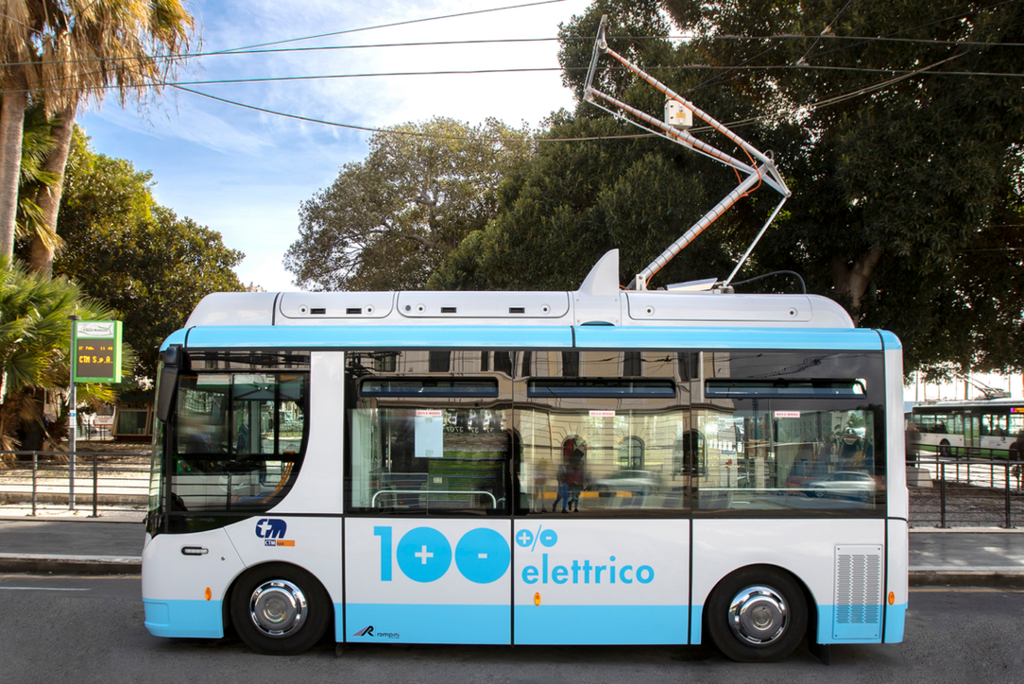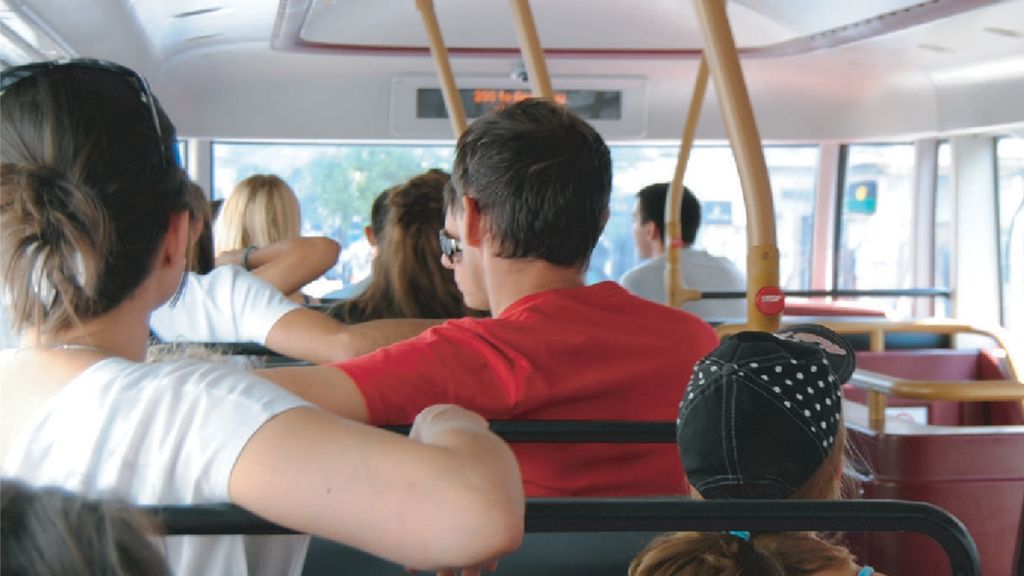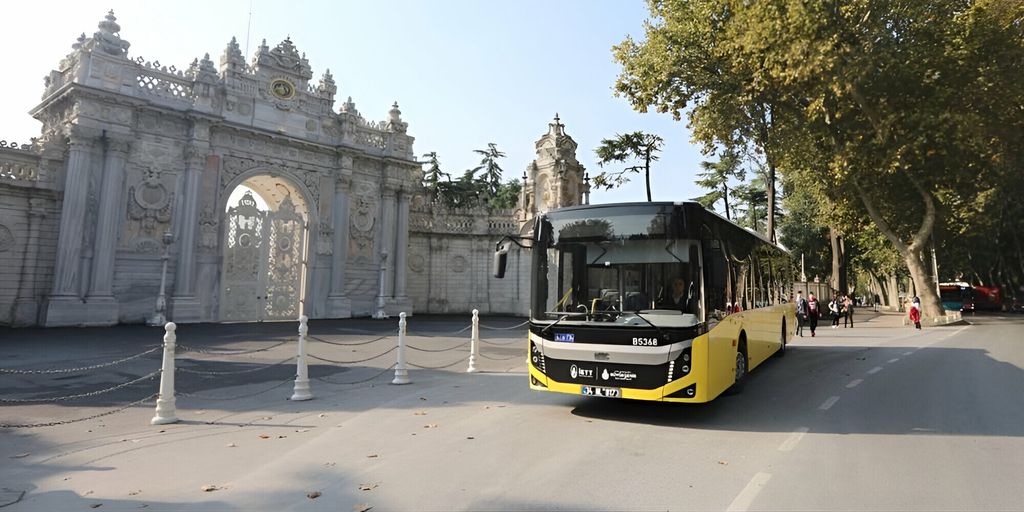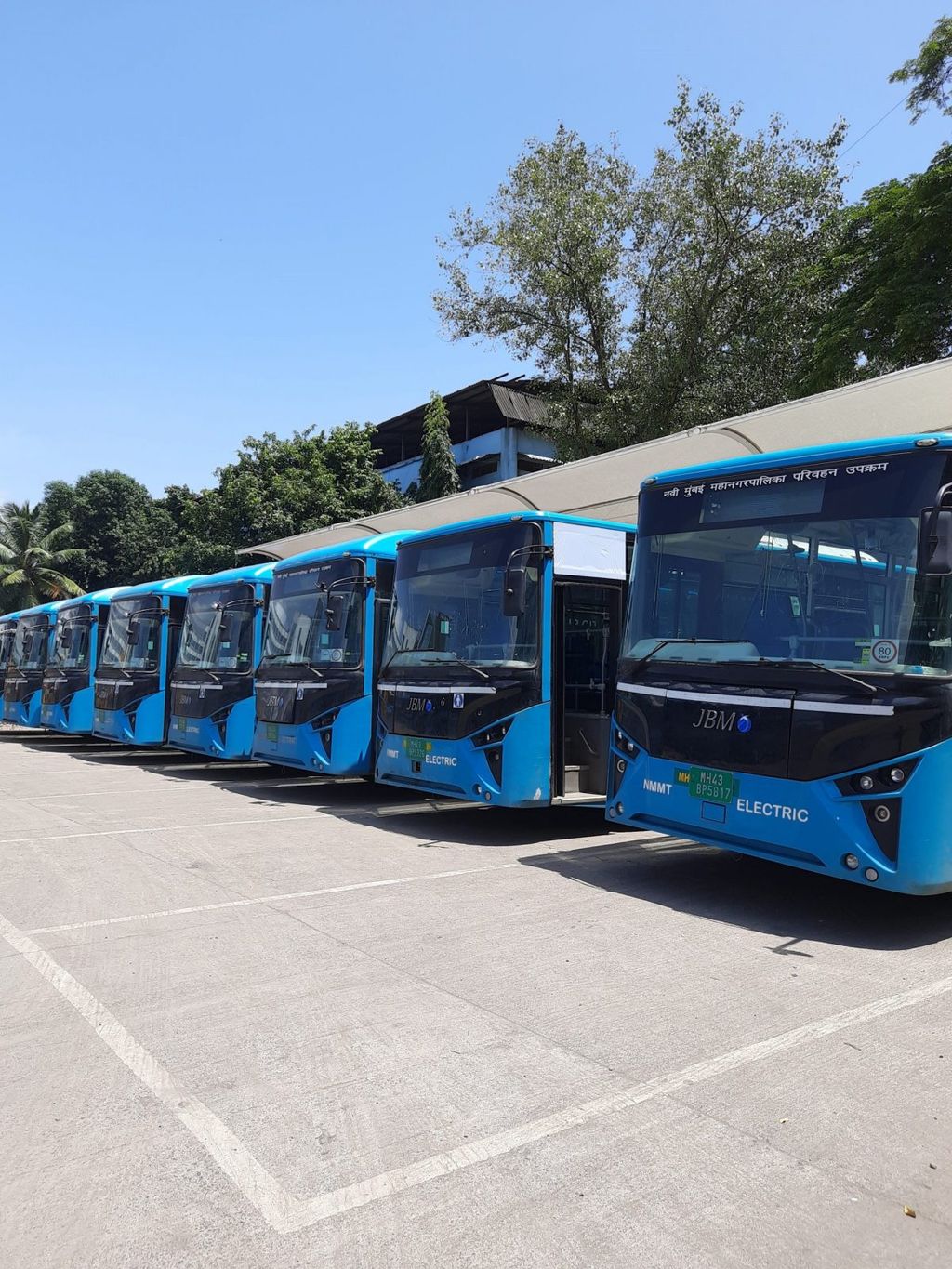
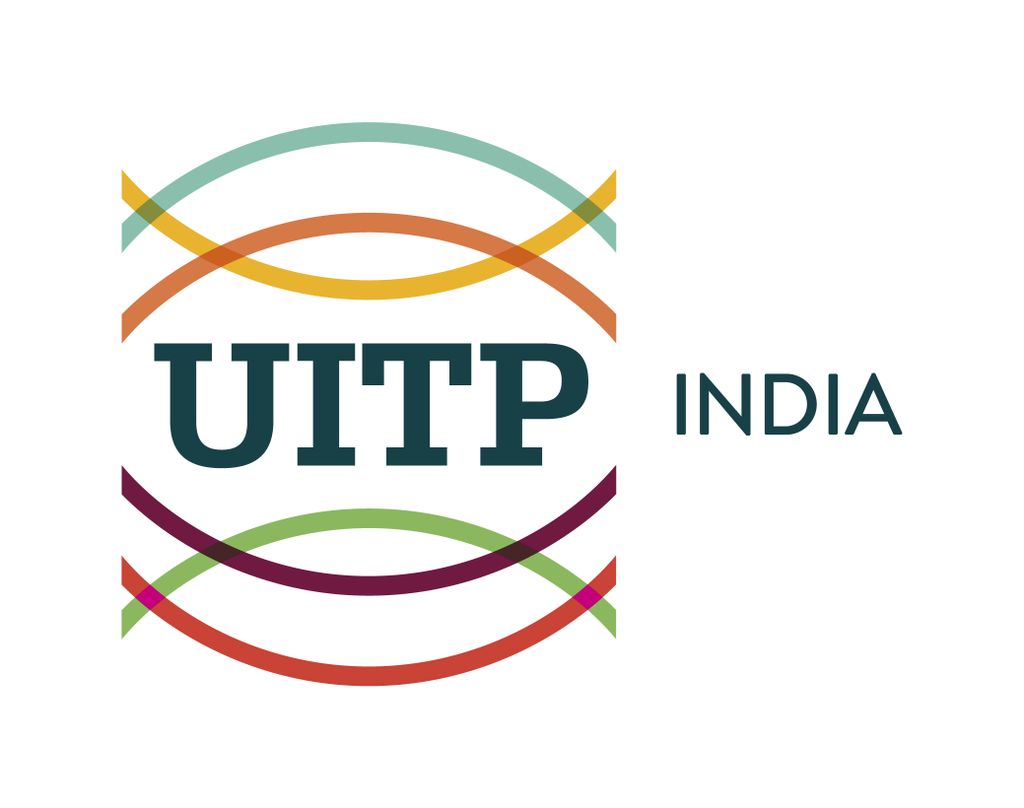
Sharing knowledge on planning, procurement and management of electric buses
A successful training programme sharing key knowledge
Earlier this month, UITP India, supported by the Association of State Road Transport Undertakings (ASRTU) hosted a training programme on Planning, Procurement, and Management of Electric Buses in the city of Jaipur.
The event was the first of the in-person training programme since the COVID-19 pandemic struck in India, and was successfully attended by 53 participants representing 16 State Transport Undertakings (STUs), Original Equipment Manufacturers (OEMs), and Non-profit organisations.
The training programme had 10 key national and international speakers joining in-person and online sharing their knowledge on key topics, namely procurement of electric buses, financial planning for transition to electric buses, route and depot level planning for electric buses, and depot and contract management of electric buses. The key highlight of the training programme was the working session on procurement specifications which saw an active participation of STUs working together in groups.
After such a successful training, we decided to publish a Training Report with outcomes from the discussions.
Key sessions highlights
The training programme kicked off with the opening remarks of Rupa Nandy, Head of UITP India, followed by Captain Ratnaparkhi, Executive Director, ASRTU highlighting the urgency and importance of transitioning the existing bus fleet to electric buses. Ms. Mahua Acharya, CEO, Convergence Energy Services Limited (CESL) who joined online, appealed for a change towards adopting cleaner modes of transportation and transitioning to electric buses.
The session on procurement of electric buses in India was led by Ravi Gadepalli and Lalit Kumar from UITP India, presenting the emerging trends and key learnings from implementation of FAME II policy with detailed analysis on how to improve the efficiency of State Transport Undertakings (STUs). Mr. Chandrakant Birajdar from BEST Mumbai gave an insightful STU experience and challenges on procurement of electric buses.
Mr. Gerald Ollivier lead transport specialist at World Bank focused on improving e-bus bankability and finding bankable solutions for electric bus. Mr. Pankaj Sinha, International Finance Corporation (IFC) shared key insights on modifications needed in Model Concession Agreement (MCA) from a bankability perspective. Session IV on financial planning was led by Mr. Sagar Gubbi from EcoForge Advisors, explaining the financial modelling framework developed for electric buses taking a case study of Karnataka State Road Transport Corporation (KSRTC).
Working Group session on Procurement
The key highlight of the training programme was the working group session on procurement led by Mr. C.K. Goyal, DIMTS. Giving a background approach for planning and procurement of E-Buses from STUs perspective, Mr. Goyal discussed key terms and conditions of bid document, implementation challenges, feasibility assessment, and key learnings from Shenzhen and Indian cities. The second half of the session saw active participation from respective State Transport Undertakings (STUs) which were divided into four groups, each group discussing alternative financial and technical requirements for e-buses as per their case study needs.
Global Insights on Electric Bus
The last day of the training programme started with Mr. Ray Minjares from ICCT joining online and delivering key insights on route and depot level planning for electric buses. Taking the case example of Santiago, Chile, Mr. Ray discussed the suitability of the Santiago model by Bengaluru Metropolitan Transport Corporation (BMTC) for depot planning and charging strategies. Dr. Sandeep Gandhi focused on key components integral to E-Bus depot planning and shared different examples of electric bus depot design to planning for optimum space utilisation. Presenting the Shenzhen Bus Group (SZBG) experience in the concluding session of the training, Mr. Chris Liang shared the steps taken up by SZBG for the electrification of buses. The session ended with an interactive discussion between Chris Liang and participants on the workflow adopted for the procurement of electric buses by Shenzhen.
As the discussions and induction of electric buses by State Transport Undertakings in public transport takes up, the participants reiterated the need for such capacity building training programmes in India on electrification of buses.
More information, lessons learnt and outcomes from the represented organisations can be found in the Report!
2025 Training Calendar




